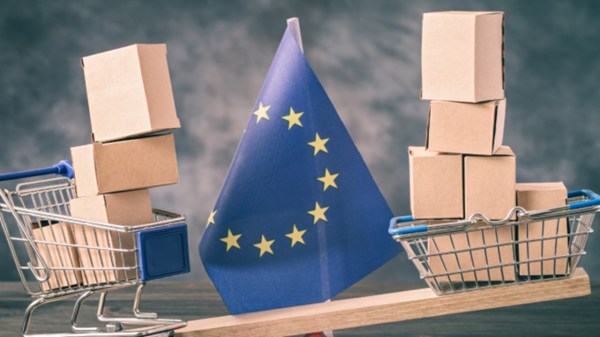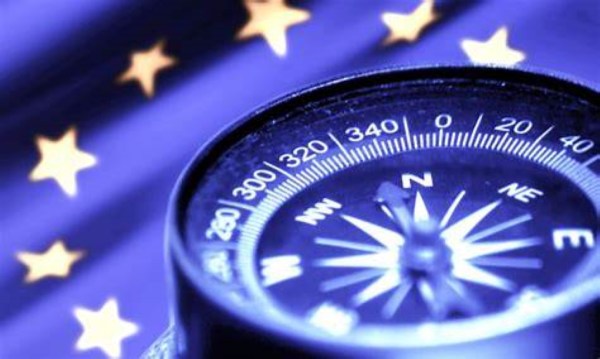In the light of the digital revolution new ecosystems raise legal and policy issues related to citizen’s rights.
Private sector has a major role providing access to information as never before in history due to new technologies, market changes and citizen’s mindset and behaviors. From infrastructures to the store of personal data, the information and communication technology sector intervene in the exercise of freedom of opinion and expression among other digital rights.
Thus, the critical changes occurred in the digital ecosystem deserve global agreements regarding digital rights. The new report of the United Nations[1] is a step forward in this direction trying to answer a fundamental question: to what extent should the information and communication technology sector be responsible for the promotion and protection of freedom of opinion and expression?
Telefónica believes that citizens have to enjoy the same rights online as they do offline[2] and that States have the primary responsibility of protecting and promoting people’s right.
Telefonica is committed to respect and contribute to the promotion of freedom of expression avoiding any activity that could negatively impact on human rights.

What do we do?
- Telefonica is part of the Telecommunications Industry Dialogue Group for freedom of expression and privacy (Telecom Industry Dialogue or TID), in which the industry (telco’s and manufacturers), actively promotes dialogue between governments, industry, civil society, investors, international organizations, and other stakeholders.
- Within this Dialogue Group, we have adopted the “Communication sector principles of freedom of speech and privacy”. In the integrated report 2015 of Telefónica you can check our progress.
- We respect the rights and freedoms of individuals, which includes the fundamental right to the protection of personal data. We are aware that our commitment to privacy is key to ensuring that all our relationships are built on trust. This commitment is expressed in our Business Principles and Privacy Policy, the last ones, approved in March 2013 and updated in 2015 to align it with the new challenges faced by our sector.
- We manage with a high level of transparency regarding our customer’s privacy asking always for consent in accordance with the local legal framework.
Additionally and in line on our commitment with the Human Rights in 2015, Telefónica continued integrating the results of the Human Rights Impact assessment that was carried out in 2012 via its business units concerning Privacy and Freedom of Expression. This included a new analysis to assess on a global scale how its operating businesses respond to governmental requests for users’ personal data or content restriction, as well as the circumstances and contexts in which these petitions are generally received. As part of this process, in 2015, developed a global procedure guide regarding governmental requirements.
Finally, we welcome the efforts done by the Special Rapporteur on the promotion and protection of the right to freedom of opinion and expression.
We will continuing taking part of the consultation process of elaborating a guidance on how to contribute to freedom of expression in a digital age.
[2] Article 19 of both the International Covenant on Civil and Political Rights and the Universal Declaration of Human Rights protects everyone’s right to hold opinions without interference and to seek, receive and impart information and ideas of all kinds, regardless of frontiers and through any media








